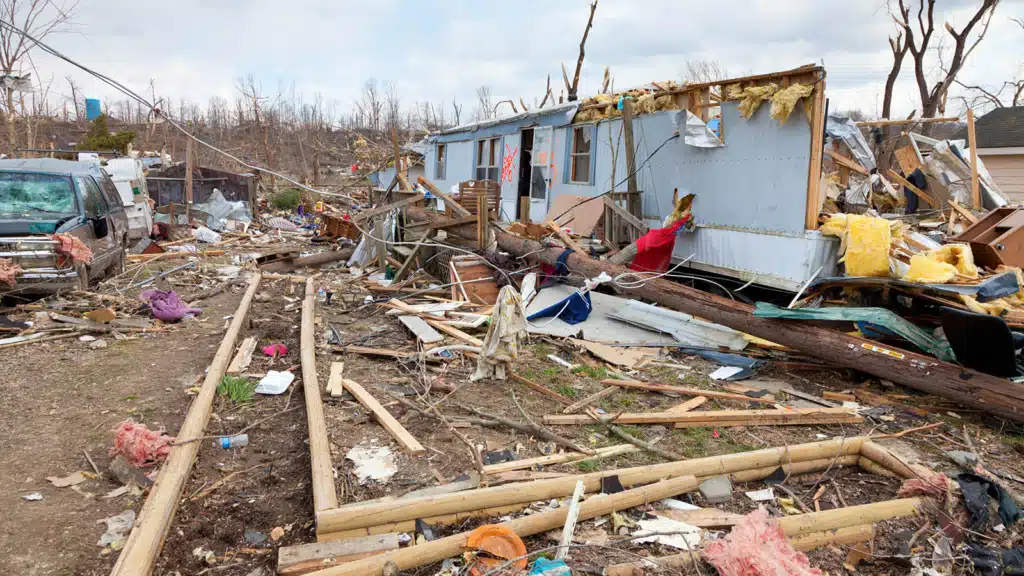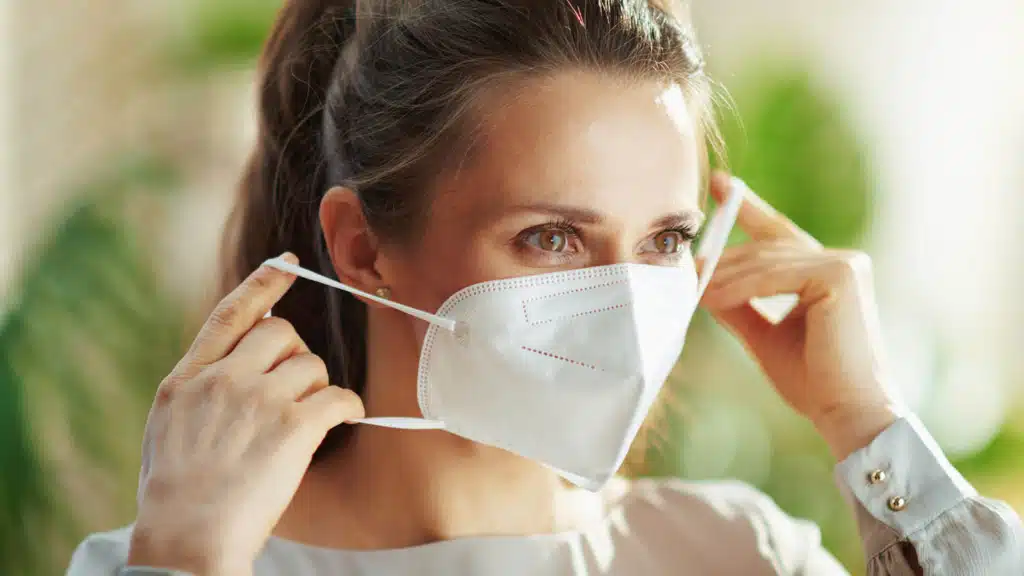 go back
go back
 go back
go back
Tornadoes can have a terrible effect on communities and cause a lot of damage. Even though a tornado may cause damage that can be seen and touched immediately, what it sends into the air can have a big effect on your health, especially if you have allergies or asthma.
When a tornado is coming, what precautions should people with allergies or asthma take?
You should always keep up to date on your prescriptions for allergy and asthma medicines. When a tornado is expected, make sure your emergency kit includes:
- Any prescription medications for allergies and/or asthma including rescue inhalers.
- Protective clothing such as long-sleeve shirt, long pants, closed toe shoes, face masks, gloves and a hat
- An “in case of emergency” card that includes information about your health, prescriptions and contact information for your family and your doctors.
What allergens does a tornado release into the air?

Dust, debris, mold, and a variety of toxic materials like chemicals, asbestos, and other toxins can all be stirred up by tornadoes.
As your body is exposed to chemicals it hasn’t been into contact with previously or increased quantities of known allergens, you can start to cough and wheeze.
What can you do to protect yourself from allergens after a tornado?
As with any allergen, the best way to protect yourself is to avoid it as much as possible. This could mean staying inside while the dust settles outside and always wearing protective clothing and a mask when picking up debris.
It’s also important to take your asthma and allergy medicines as directed. Michael Polcari, MD, a specialist at Allervie Health, says that it’s fine to use your rescue inhaler more often during this time.
During cleanup, what can I do to protect myself?

If a tornado comes through your town and you have a lot to clean up, you should be very careful. Make sure you are wearing gloves and a mask to protect yourself, as you aren’t sure what has been released into the air.
Make sure to wash yourself and your clothes every day to get rid of pollen, allergens, etc. Even if your asthma is under control, you might still want to use your rescue inhaler before cleaning up if you can’t help it.
When should you see a specialist?
If you experience symptoms such as wheezing, coughing, or difficulty breathing after a tornado, seek medical attention immediately.

Medically Reviewed By: Michael Polcari, MD
Reviewed on: March 1, 2023
Our team of writers, editors, and medical experts goes over each article carefully to make sure the information is correct and that only reliable sources are used.
We regularly check to see if the info in this article matches up with the latest scientific research and expert advice so that we can give you the most up-to-date information. See list of trusted resources here.
Get Help Managing Your Allergy Symptoms
One of the main reasons to see a specialist is to learn more about your health problem, make sure it’s correctly diagnosed, and get expert advice on how to treat or manage it.
Make an Appointment